A New Look at Missions - Unintended Consequences
A Perverse Incentive is defined as an unintended and undesirable result that opposes the original intent of the people creating the incentive. In other words, these are the unintended consequences when a person's heart is in the right place but their actions do not address the need effectively. Here are some examples of this.
When we begin to think of our well-intentioned actions in missions, it is hard to see whether we create perverse incentives, like these examples above, or whether our aid is actually helping a community. It is important to step back from time to time to examine the situation objectively. Whether we have been in an area long-term or are about to begin helping others for the first time, we need to look at the situation from all angles. Without bringing money or other incentives into the mix, we could look at ways we can help people help themselves. Maybe instead of incentives, we can offer training to help people take care of their own needs. Or, we could empower people to create their own solutions that don't involve reliance on our aid. Do you have any ideas? We would love to hear your stories, as well as your solutions for this problem!
Watch Missions Dilemma Series for more insights on mission sustainability.
- Rat Infestation: Under French Colonial Rule, Hanoi, Vietnam implemented a program paying people for every rat tail handed in. Intended to exterminate rats, it instead leads to raising them for profit.
- The Cobra Effect: Similar to Vietnam's rats, the British government paid colonial India to capture and kill venomous cobras. When the business became lucrative, some entrepreneurs began breeding and killing cobras, eventually resulting in a higher wild venomous cobra population when the government stopped paying for the snakes.
- Orphan Care: Between 1945 and 1960, the Canadian government paid 70 cents a day per orphan to orphanages, and $2.25 a day per patient to psychiatric hospitals. Up to 20,000 orphaned children were falsely certified as mentally ill so the orphanages could get $2.25 for each child.
- Dinosaur Bones: In the 19th century, paleontologists, who were traveling to China, would pay peasants for each fragment of dinosaur bone that they found. They later discovered that the peasants dug up bones and then smashed them into many pieces to maximize their payments, greatly reducing their scientific value.
- The Endangered Species Act: The US government imposes development restrictions on landowners who find endangered species on their property. While this policy is well-intentioned it also encourages preemptive habitat destruction by landowners who fear losing the use of their land because of the presence of an endangered species.
When we begin to think of our well-intentioned actions in missions, it is hard to see whether we create perverse incentives, like these examples above, or whether our aid is actually helping a community. It is important to step back from time to time to examine the situation objectively. Whether we have been in an area long-term or are about to begin helping others for the first time, we need to look at the situation from all angles. Without bringing money or other incentives into the mix, we could look at ways we can help people help themselves. Maybe instead of incentives, we can offer training to help people take care of their own needs. Or, we could empower people to create their own solutions that don't involve reliance on our aid. Do you have any ideas? We would love to hear your stories, as well as your solutions for this problem!
Watch Missions Dilemma Series for more insights on mission sustainability.
Give Where Needed Most

